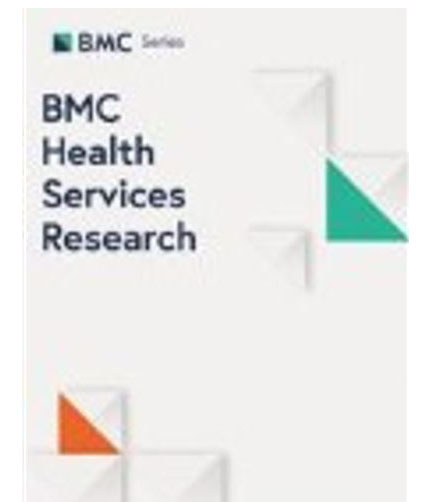Brandeis University investigators (Drs. Mary Jo Larson and Rachel Sayko Adams) constructed the Substance Use and Psychological Injury Combat Study (SUPIC) database in multi-year studies funded by the National Institutes of Health, with sponsorship from the Defense Health Agency. The SUPIC database integrates data from the Department of Defenses’ (DoD) Military Health System (MHS) and Veterans Health Administration (VHA) to improve understanding of both short and long-term morbidity and mortality for post-9/11 military members and Veterans.
The SUPIC project remains highly innovative and has not been replicated in size, scope, or topic. It currently compiles longitudinal data on over 865,000 Army soldiers who returned from a deployment in fiscal years 2008-2014, and is being expanded to include military members from all branches. MHS data is inclusive of direct and purchased health care utilization records, pharmacy fills, and researchers have appended postdeployment surveys, deployment history, and military discharge information. Uniquely, the SUPIC team has successfully been able to follow SUPIC military members as they leave the military to observe which soldiers utilize care in the VHA, and to examine how their health care history during military service is associated with health outcomes once in the VHA.
This unique database has supported numerous publications and grants that increase understanding of the needs and resources required to care for military members postdeployment, and provides critical information to enhance prevention and intervention efforts.




